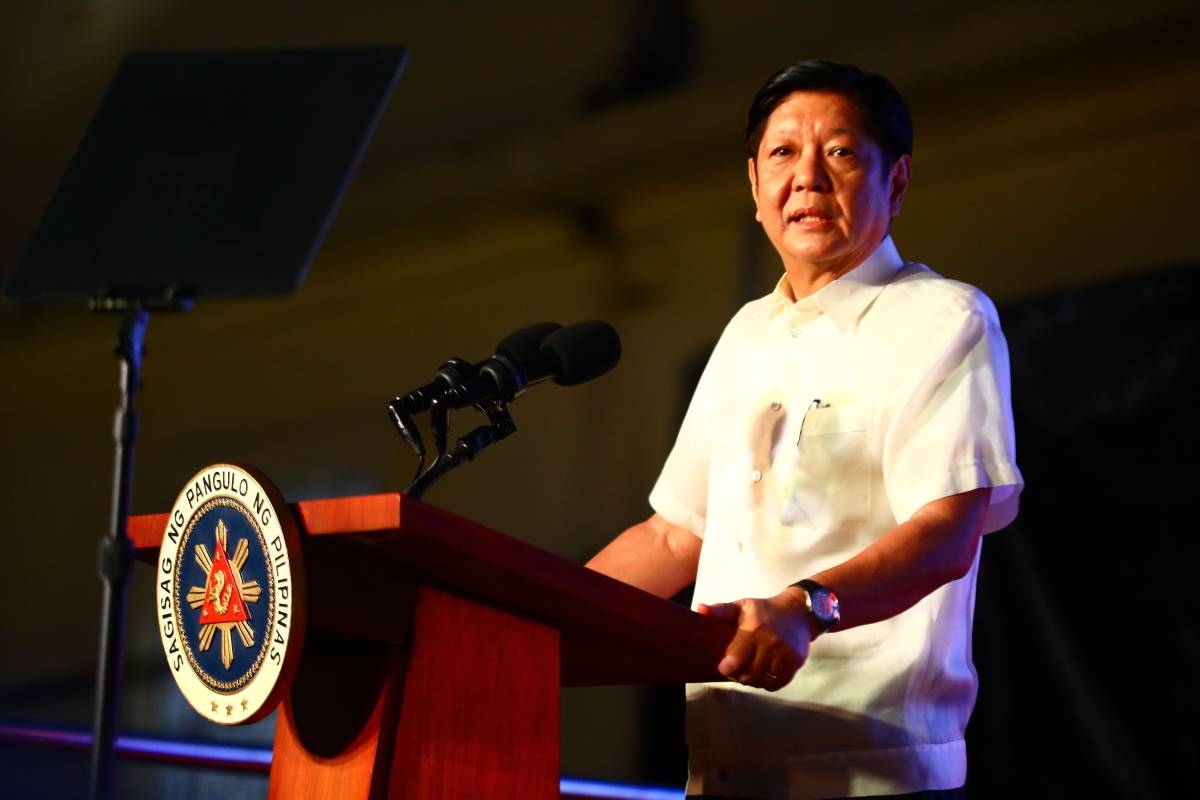President Ferdinand “Bongbong” Marcos Jr. of the Philippines recently held separate executive sessions with the leaders of both houses of Congress to address the ongoing disputes surrounding the people’s initiative. The Senate Majority Leader, Emmanuel “Joel” Villanueva, explained that the scheduled Legislative Executive Development Advisory Council (LEDAC) meeting was canceled to make way for these “urgent” executive sessions between the President and the Senate and House leaders. Senator Villanueva further mentioned that the President first met with the senators before separately meeting with the House leaders. However, no specific details were provided about the discussions that took place during these meetings.
Confirming the separate executive sessions, Senator Maria Imelda Josefa “Imee” Marcos, the President’s sister, stated in a Viber message to reporters, “The LEDAC for today was canceled because President Bongbong Marcos first met with the senators, then he separately met with the House leaders.”
Meanwhile, Senate Minority Leader Aquilino “Koko” Pimentel 3rd called upon President Ferdinand Marcos Jr. to intervene in the ongoing Charter Change brouhaha, expressing concerns that the House’s continued hijacking of the people’s initiative was seriously disrupting legislative work. In a television interview, Pimentel urged the President to “stop this foolishness” and exercise the power and prerogatives of his office. He also highlighted doubts regarding the people’s initiative, referring to the proposed amendment that would allow Congress to vote jointly.
Senate President Juan Miguel Zubiri further emphasized the Senate’s disapproval of the campaign for Charter change, reading a manifesto signed by all 24 senators. The manifesto raised concerns about alleged bribery and other illegal activities associated with the campaign. Zubiri clarified that the people’s initiative aims to have both houses of Congress act as a Constituent Assembly and vote jointly. However, he warned that this change would eliminate the Senate from the equation and could potentially lead to further amendments, revisions, or even an overhaul of the entire Constitution.
Zubiri expressed apprehension that joint voting would disrupt the delicate balance of the nation’s hard-won democracy and destabilize the principle of bicameralism and the system of checks and balances. He explained that if the people’s initiative succeeded, future changes to the Constitution could be made without the Senate’s approval or even in the absence of senators. This singular and seemingly innocuous change in the Constitution could open the floodgates to a wave of amendments and revisions that would erode the nation as it is known.
The Senate President also highlighted the most radical proposals that could be facilitated if the people’s initiative were to succeed, such as foreign ownership, the removal of term limits, or even a “no election scenario” in 2025 or 2028. He emphasized that these proposals could not be prevented by senators if the people’s initiative were to prevail.
Zubiri concluded by stating that the Senate would not allow itself to be silenced and would stand as a bastion of democracy. He reaffirmed the Senate’s rejection of this brazen attempt to violate the Constitution, the country, and its people.
In summary, President Marcos held executive sessions with the leaders of both houses of Congress to address the ongoing disputes surrounding the people’s initiative. The Senate has expressed concerns about the potential consequences of the proposed amendment and its impact on the delicate balance of the nation’s democracy. The Senate remains steadfast in its commitment to protect the Constitution and the interests of the people.
Source: The Manila Times







